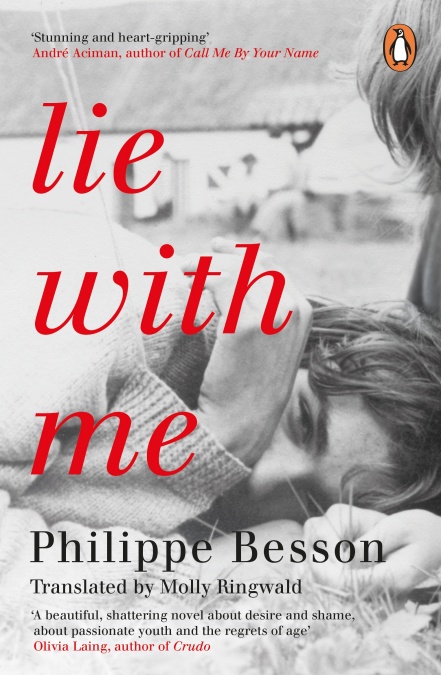

“I went to the two-o’clock showing that day, and every day for a whole week. “There was a cinema next to my hotel, so I said to myself, ‘I’ll go see this movie,’ ” he recalled.

In 2005, when “ Brokeback Mountain” came out, he was in New York. Elle deemed it “the French ‘Brokeback Mountain.’ ” The comparison maybe misses the forêt for the trees-the book was inspired by Marguerite Duras’s “ The Lover”-but Besson is flattered by it. An elegiac tale of first, hidden love between two teen-age boys who have no chance of a shared future, “Lie with Me” sold more than a hundred thousand copies in France, where it won several prizes and is being made into a movie. He said, simply, “I wanted to write a sadness.” The other day, he was sitting in a deserted café near the Pompidou, the site of the book’s most chastely climactic scene, drinking a menthe à l’eau. Is it a novel? (That’s what it says on the cover.) Is it autofiction? (The author, after all, is French.) Is it a memoir? (The narrator is a successful writer named Philippe and, like Besson, was born in the drab village of Barbezieux in 1967.) Is it just messing with us? (“Barbezieux doesn’t exist.”) Whatever “Lie with Me” is, it took Besson his whole life to write it, and, when he was done, he thought that he would never be able to write again. Owing principally, but not exclusively, to the stark dedication with which it begins and the crushing letter with which it ends, Philippe Besson’s eighteenth book, just published in the United States as “ Lie with Me,” will be received as a mystery of genre.


 0 kommentar(er)
0 kommentar(er)
